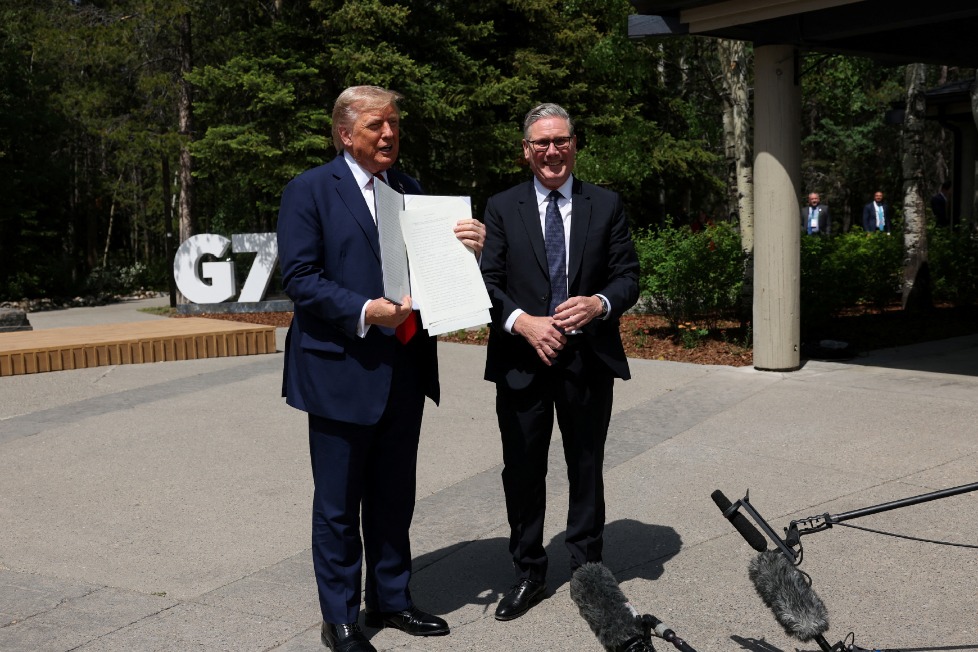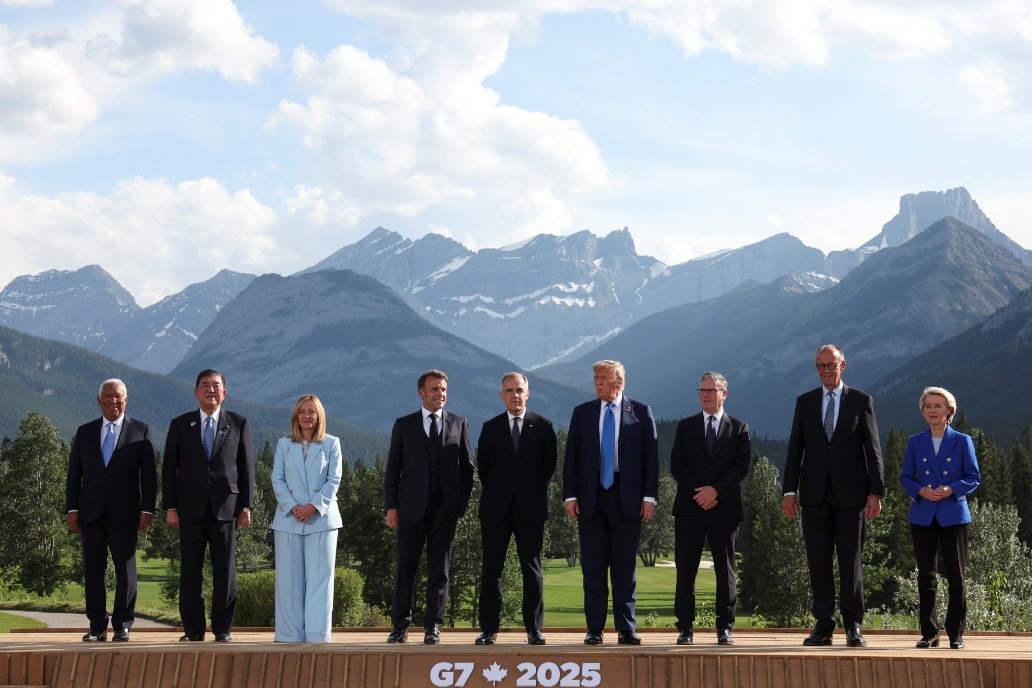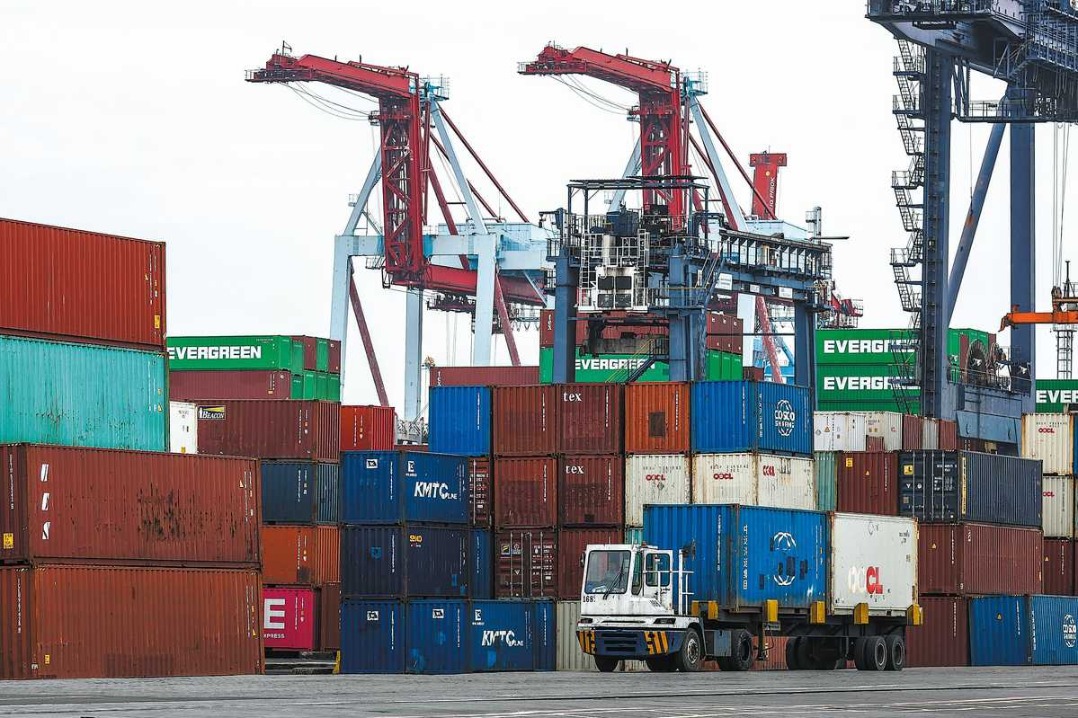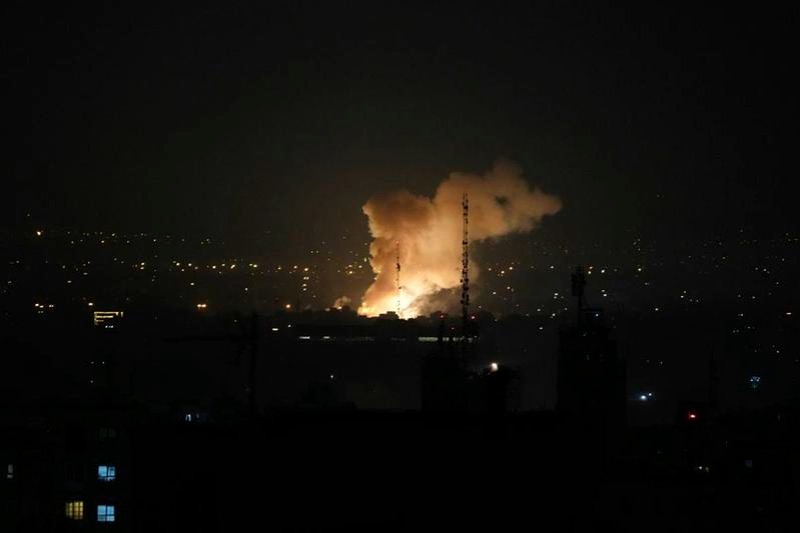Beijing is increasingly establishing itself as a diplomatic hub of growing influence

The fourth week of July was hectic for Chinese Foreign Minister Wang Yi. He spent several days discussing how to end the two deadliest conflicts in the world today. First, Wang hosted the gathering in Beijing of 14 Palestinian factions, including bitter rivals Fatah and Hamas, for peace talks. Then, he had a long meeting with his Ukrainian counterpart, Dmytro Kuleba.
Both visits show that Ramallah and Kyiv are no longer relying on their Western partners. The Palestinian and Ukrainian authorities are pinning their hopes on Beijing for conflict resolution. Both events reveal the conflicting parties' belief that any peace agreement in Ukraine and the Gaza Strip is unlikely to succeed without China's involvement.
The Ukrainian minister's four-day visit to China surprised many, as no such high-ranking representative from Ukraine has visited China since the start of the special military operation in February 2022. Ukrainian President Volodymyr Zelensky, while choosing his words carefully, has repeatedly accused Beijing of insufficient political and diplomatic efforts to end the hostilities. Before Kuleba's trip, Ukraine's political leadership hinted that it was prepared for negotiations with Russia and desired peace. However, for the first time, this was stated plainly.
Notably, the Ukrainian minister first expressed the need to initiate peace talks with Russia for a cease-fire in Beijing rather than in Washington or Brussels, Kyiv's allies. The "no limits" strategic partnership between Beijing and Moscow gives Beijing a crucial role in ending the conflict. China has become the primary broker for determining the strategy to resolve the major clash in the heart of Europe. Any parties interested in ending the fights must now turn to Beijing.
On July 23, in the presence of Wang, the leaders of the 14 Palestinian factions signed a Beijing declaration, aimed at maintaining Palestinian control over the Gaza Strip once the ongoing conflict ends. Musa Abu Marzouk, a senior Hamas official, said that "historic moments" were taking place. Mahmoud al-Aloul, Fatah's deputy leader, thanked China for standing with the Palestinian people.
The two main Palestinian political factions have been bitter rivals since 2007 when Hamas seized control of Gaza. Despite several failed attempts at reconciliation between the two factions in the past, it has now become clear that the only viable option for the Palestinian parties is to unite. This is especially important as Israel and its allies, led by the United States, work out principles for governing the enclave in the future. The ongoing conflict in Gaza has been the primary catalyst for the Palestinian factions to put aside their differences.
In addition to long-term and sustainable political support for Arab nations, Beijing has significant regional economic interests. The region's powers have shown gratitude and high trust in Beijing, contributing to its growing reputation and authority. This will likely result in greater participation in existing and future economic projects in the rapidly developing region.
The humiliating retreat of US troops from Afghanistan and the US' unilateral support for Israel in the conflict in the Gaza Strip have critically undermined the credibility of the US in many developing countries of the Global South, especially in the Middle East. The rapidly declining credibility of Washington's regional and international policies has allowed Beijing to demonstrate the strengths of its policies, increasing its credibility and influence in the Arab world.
Interestingly, the agreement between the Palestinian factions was reached during Israeli Prime Minister Benjamin Netanyahu's visit to the US. In light of this, the question arises: Can China play a more prominent role in resolving the Palestinian-Israeli conflict? Israel is an American ally, while Iran, an adversary of the US and Israel, is a strategic partner of China.
Given the significant influence of the Israeli lobby in Washington, it is evident that its political and military establishment will continue to depend on the US, hoping to rely on its military and economic power as the primary mediator in the peace process. However, this may no longer be possible. With its involvement in fostering Palestinian unity, China is emerging as the de facto legitimate representative of Palestinian interests in the global arena across all platforms of negotiations. Beijing will continue to serve as the hub for ongoing discussions between Chinese diplomats and Palestinians. Furthermore, active diplomacy will persist in the capitals of influential Arab nations to solidify and elaborate on the signed agreement.
One possible way to achieve a lasting peace settlement in the Middle East is by organizing a multilateral international peace conference under the guidance of the United Nations. In this scenario, Beijing would challenge the long-held dominant role of the US as the primary peace mediator. Instead, Beijing would take on an equal role with Washington as a co-sponsor of future negotiation processes. As a result, the significance of the Beijing declaration cannot be overstated.
After successfully negotiating the Saudi Arabia-Iran deal last year, Beijing's efforts to mediate global conflicts, such as those in Ukraine and the Gaza Strip, have a good chance of succeeding. These initiatives demonstrate China's growing influence as a significant mediator in international affairs. Beijing's recent diplomatic successes are consistent with its broader strategy of leveraging its growing influence, particularly in regions with substantial economic potential. Why are global landmark agreements negotiated in China rather than in Washington or the UN? Beijing is gradually becoming the diplomatic capital of the world.
The author is former prime minister of the Kyrgyz Republic and a distinguished professor at the Belt and Road School at Beijing Normal University.

































